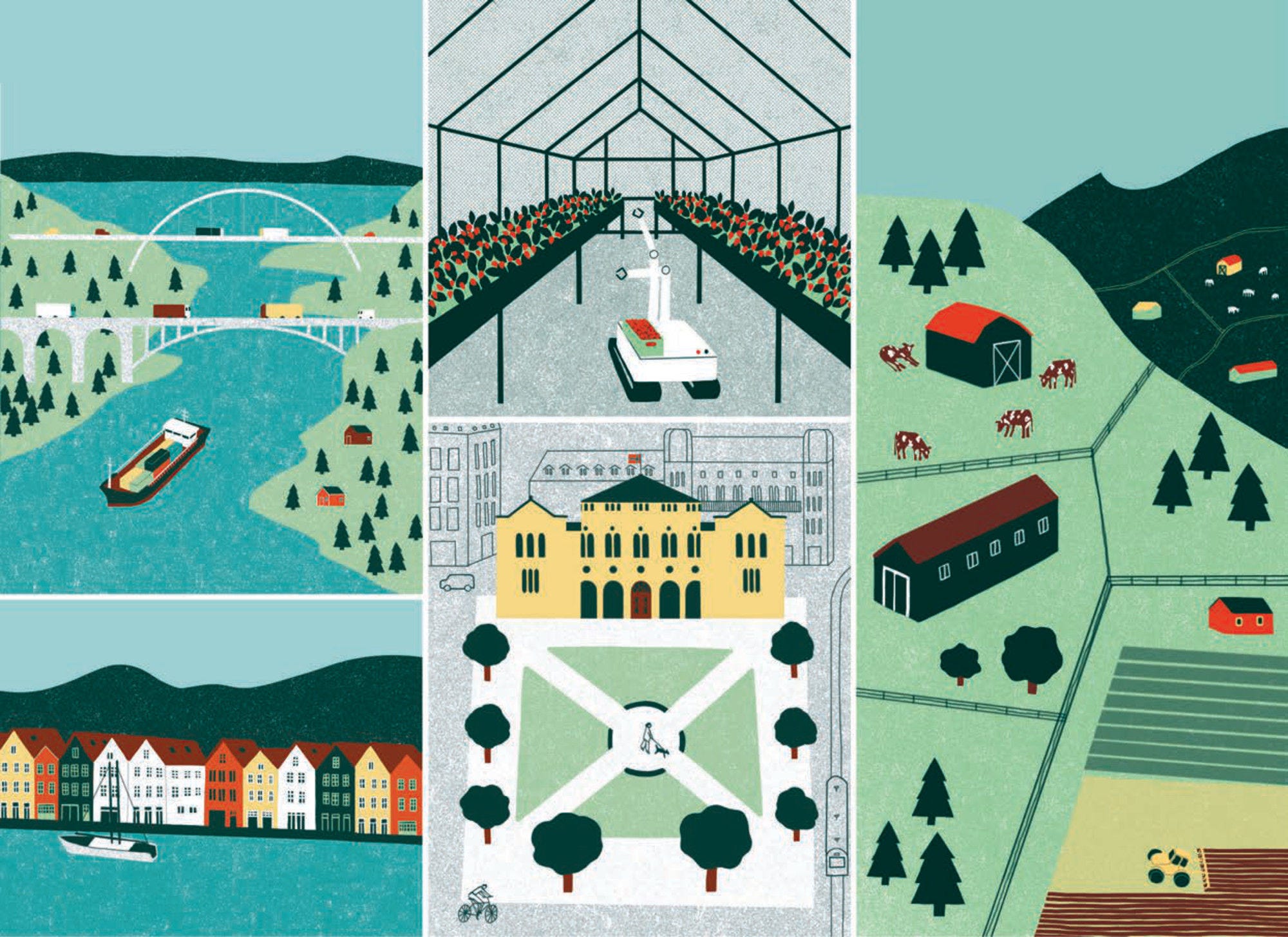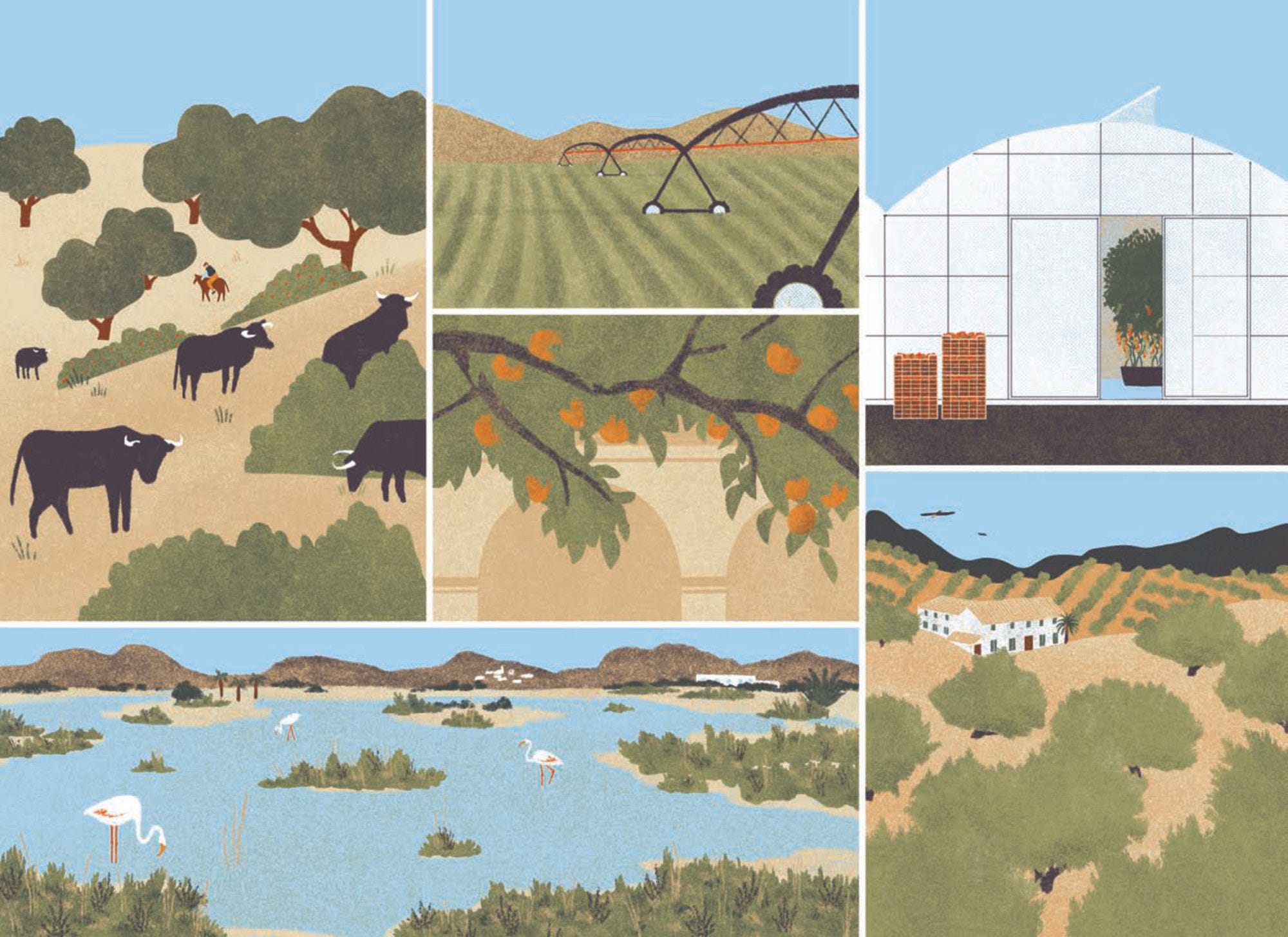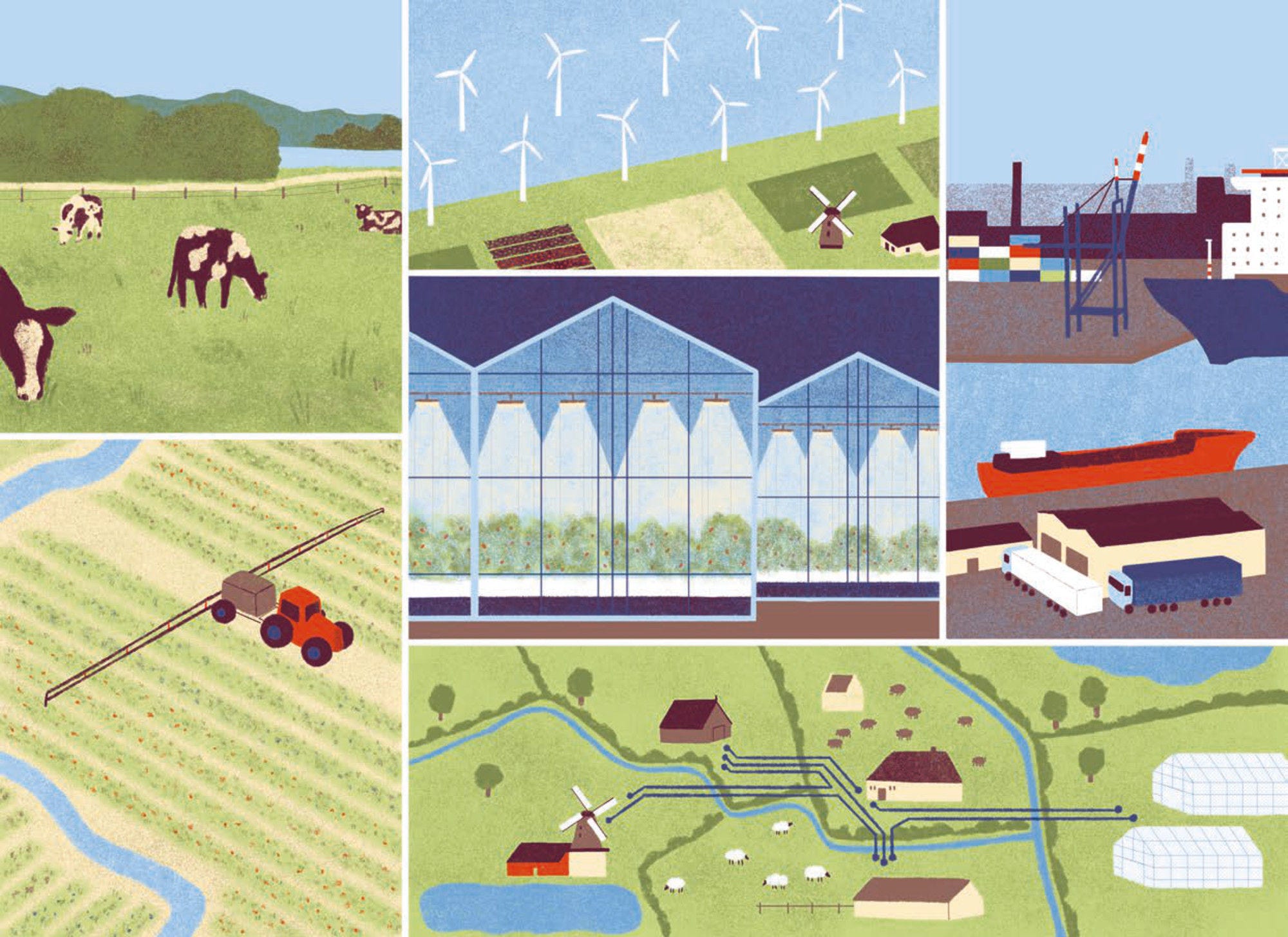Norway is performing unevenly across its four agricultural policy objectives. While Norway enjoys a high level of food security and is meeting its aim of maintaining agricultural production across the country, both environmental performance and the efficient creation of value added along the food chain are compromised by support policies linked to production levels. Support to producers relative to gross farm receipts is the highest among OECD countries, with 59% of farmers’ revenues coming from government support. Only 3% of total support to agriculture is dedicated to research and innovation. Moreover, while Norway has strong public research institutions and well-designed tax deductions, the private sector lacks the right policy incentives to innovate.
This review proposes a new policy approach, centred around innovations that would enable Norway to achieve its objectives and improve the productivity, sustainability and resilience of its agro-food sector. Specific recommendations include increasing the responsiveness of the sector to markets, giving farmers greater flexibility in making production decisions, placing greater emphasis on agri-environmental outcomes, and increasing the role of the private sector in research and innovation.









